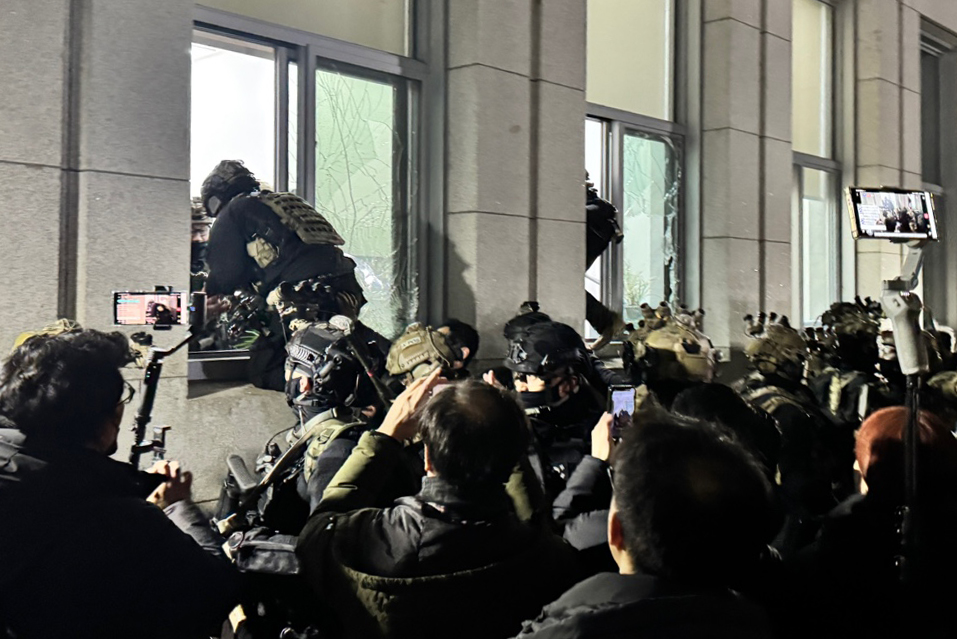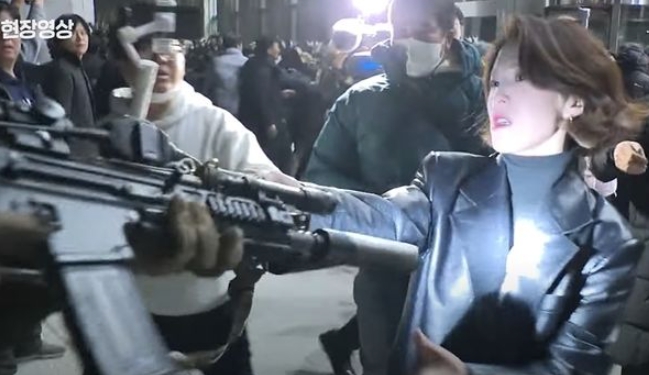

The martial law order, issued on December 3, 2024, immediately alarmed citizens and lawmakers alike. Martial law grants the military broad authority over civilian governance, including suspension of civil liberties and press freedom. Critics argued that President Yoon’s action was undemocratic and an overreach of executive power, potentially undermining South Korea’s democratic institutions.
In response, the National Assembly convened an emergency session, with 190 lawmakers voting unanimously to nullify the declaration by early December 4. Under immense political and public pressure, President Yoon rescinded the martial law order just six hours after its implementation. However, the damage to his presidency and public trust was already severe.
On December 7, President Yoon issued a public apology, acknowledging his misstep and attempting to calm the growing unrest. Despite this, protests continued to grow, with citizens calling for his resignation and accountability for his actions.

On December 14, South Korea’s National Assembly escalated the matter by voting 204-85 to impeach President Yoon. This impeachment automatically suspended his presidential powers, transferring authority to Prime Minister Han Duck-soo, who assumed the role of acting president. The case now rests with the Constitutional Court, which has up to 180 days to decide whether to permanently remove Yoon from office or reinstate him.
This crisis has brought South Korea into a period of significant political uncertainty. Protests across the country have highlighted the public’s strong commitment to democratic principles and opposition to authoritarian measures.
Political analysts argue that this episode will have lasting implications for South Korea’s governance, as the nation grapples with questions about executive power, democratic resilience, and the balance of civil-military relations.
The world watches as South Korea navigates this pivotal moment, underscoring the fragility and importance of democratic governance even in well-established systems.
![]() <Student Reporter Jayson Park>jaysonpark0809@gmail.com
<Student Reporter Jayson Park>jaysonpark0809@gmail.com
Jayson Park is a 9th Grade student in Chadwick School







